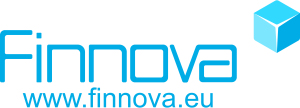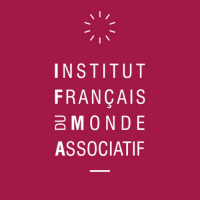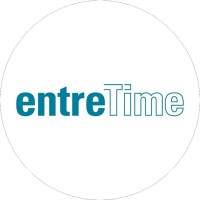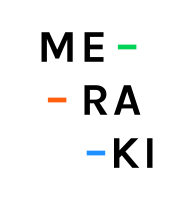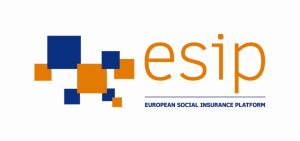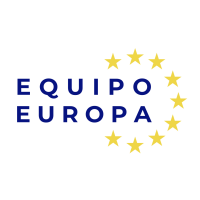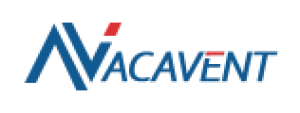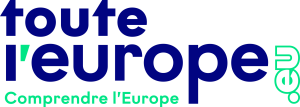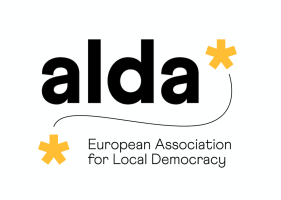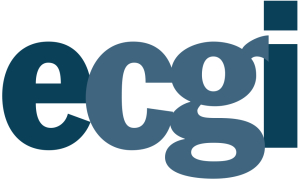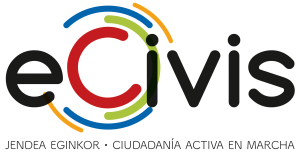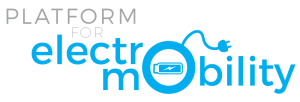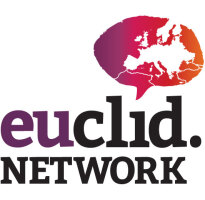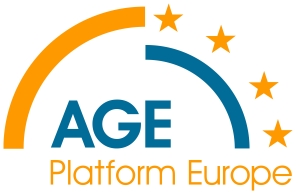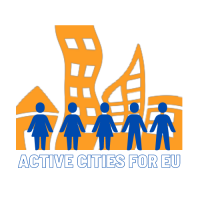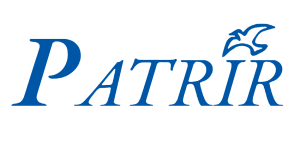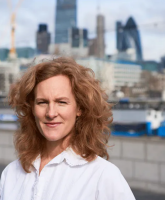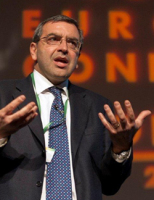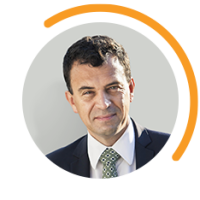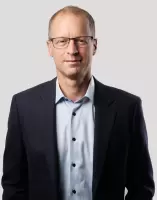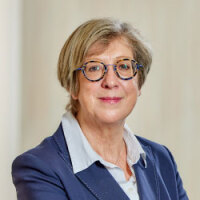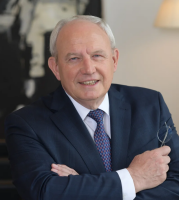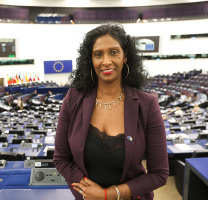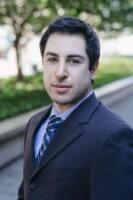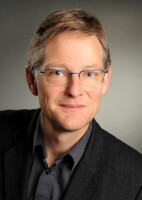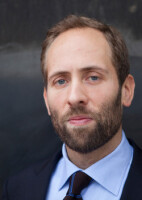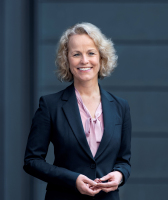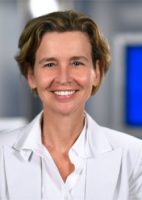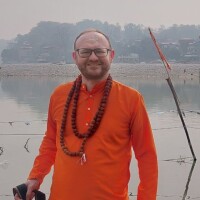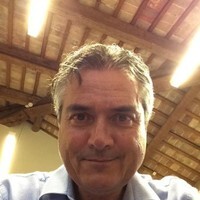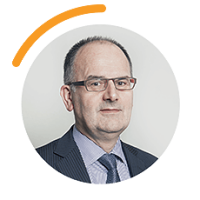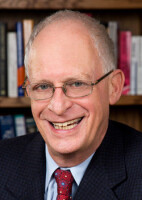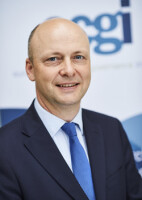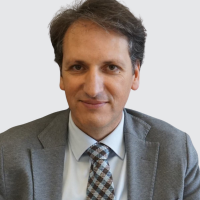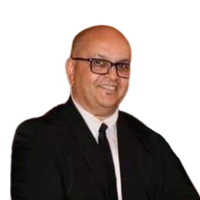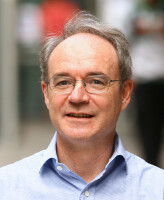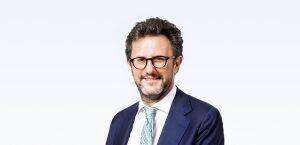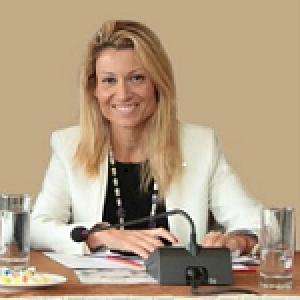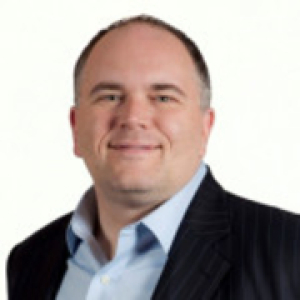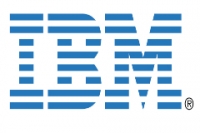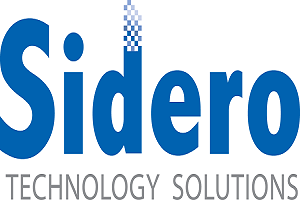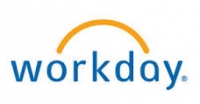About the Finnova Foundation FINNOVA is a European not-for-profit foundation whose main purpose is to seek international funding related to new technology transfer, modernisation, training and innovation. It also seeks to promote international and interregional cooperation through networks and events, its main fields of work being innovation and the financing of innovative projects with resources; FINNOVA's objectives are to promote public-private cooperation through innovation to address social challenges such as employment, training, entrepreneurship, the UN SDGs, the circular economy, etc. In its commitment to innovation, Finnova has been organising the StartupEuropeAwards since 2016, an initiative of the European Commission's DG Connect. Finnova, headquartered in Belgium and Spain, has its own delegations in Chile and Panama. In Spain, it is present in the Comunidad Valenciana, País Vasco, Andalucía, Madrid , and Islas Canarias. Head office: Avenue des Arts, 56, 1000 Brussles (Belgium). Comunidad Valenciana: Plaza del Ayuntamiento, Nº 5, planta 5, puerta 15. E-46002 Valencia (Spain). Sevilla: Torneo Parque Empresarial. Calle Biología, 12. Edificio Vilamar II. 2ª planta, módulo 11-D. E-41015. Sevilla (Spain). About Startup Europe Awards Startup Europe Awards is a methodology of DG CONNECT of the European Commission, implemented by Finnova Foundation since 2016. The SEUAs are an open innovation tool to identify disruptive startups that promotes public-private collaboration and raises awareness of the importance of self-entrepreneurship as a driver of employment. In addition to generating alliances that help to meet the SDGs of the United Nations and the actions of the European Green Pact, thus contributing to the circular economy, the fight against climate change and sustainable tourism. About StartupEuropeAccelerathon Startup Europe Accelerathon () aims to identify innovative ideas eligible for funding from the European Union, such as LIFE, Green Deal, Horizon 2020 or NextGenerationEU. StartupEuropeAccelerathon follows the indications of the United Nations Sustainable Development Goals, contributing from each challenge to the proposed SDGs; in the framework of the StartupEuropeAwards methodology of DG CONNECT of the European Commission, which was born from DG Research and Development in 2020 with the pan-European campaign Hackthevirus. It has been successfully carried out with governments such as that of the Valencian Community with the challenge of industrial polluting waters or the Andalusian Regional Government with the challenge of the fight against climate change, forest management and innovation in the prevention, fight against fires and regeneration of burnt areas.
Pin
Open




